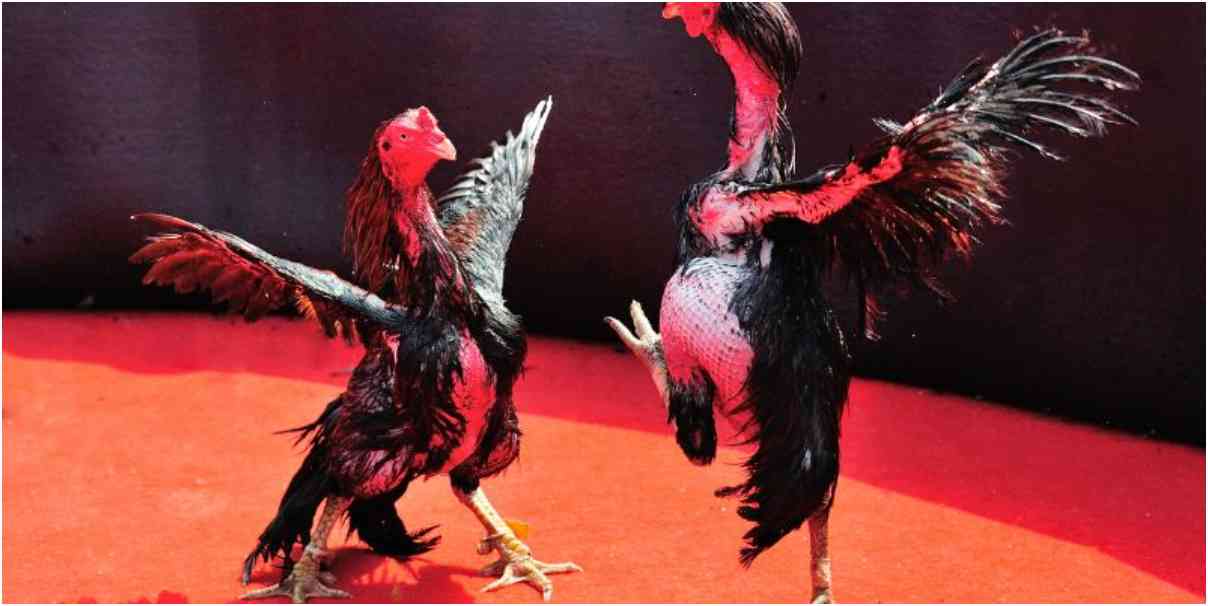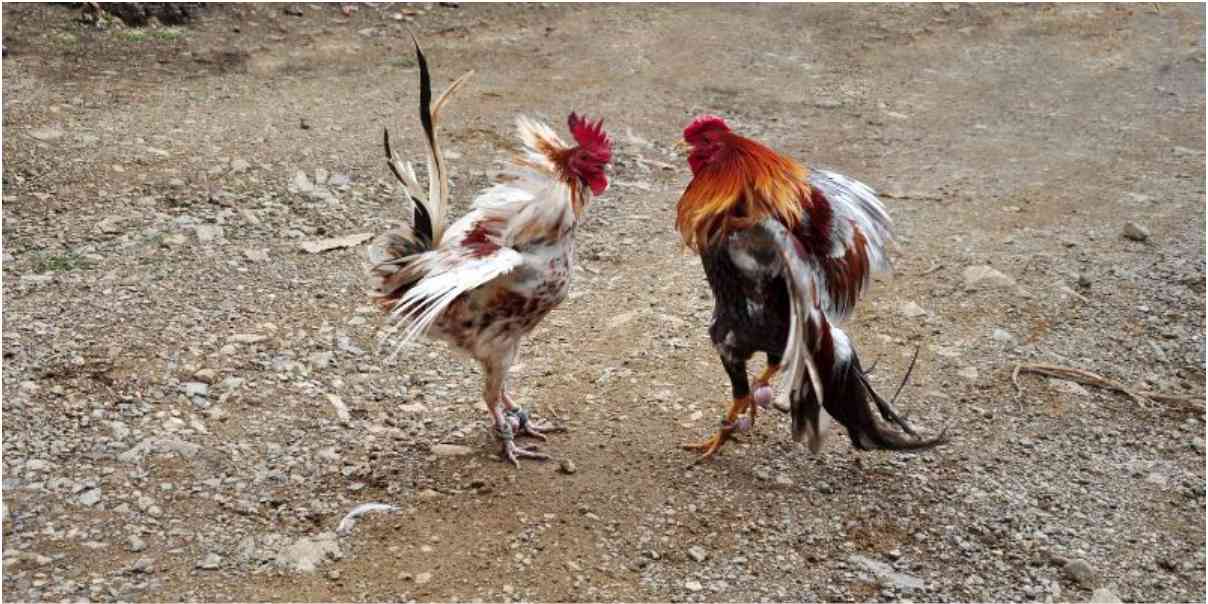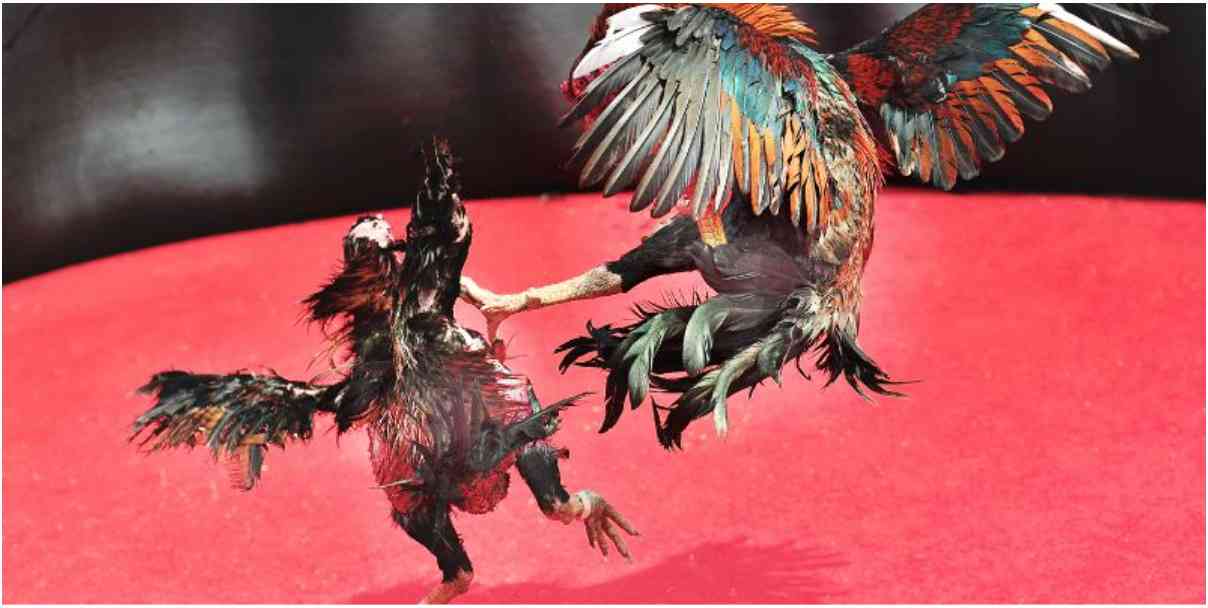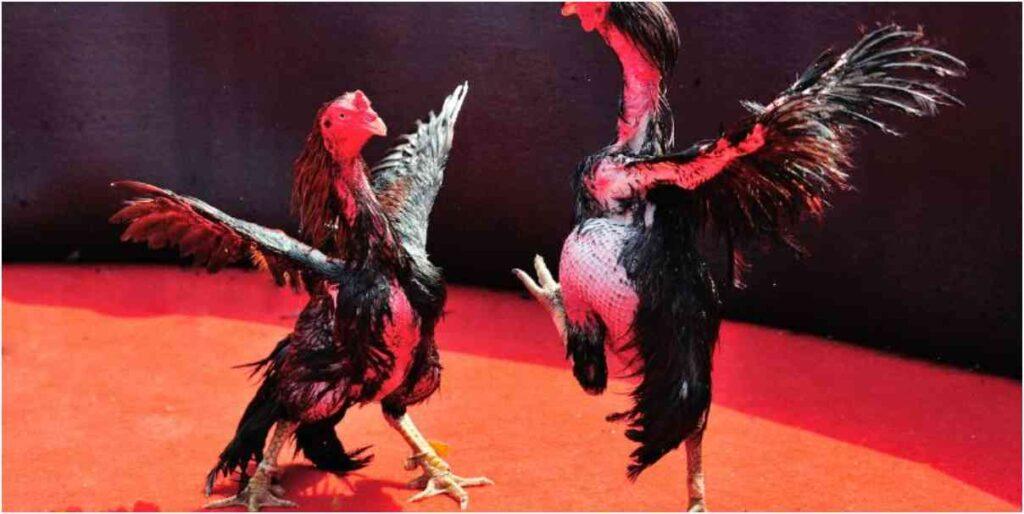Gamefowl Care Tips is not simply about feeding properly but also includes training techniques, disease prevention and choosing the right breed. The following article VMAX will help you understand from A to Z how to raise fighting chickens properly to achieve the highest efficiency in competition and protect the health of the chickens.
Overview of Effective Gamefowl Care Tips
In the dramatic world of cockfighting, taking care of fighting cocks is not only a daily job but also considered an art that requires passion, patience and in-depth knowledge. Unlike raising meat chickens or egg-laying chickens, fighting cocks are raised for fighting purposes, so the process of taking care of them is also strict.
A fighting cock cannot reach its peak performance simply by being fed well. To create a true “fighting cock”, the breeder must understand Gamefowl Care Tips from breed selection, building a suitable nutritional regimen, to physical training techniques, sun exposure regimen, chicken training, and a systematic disease prevention and treatment process.

Gamefowl Care Tips Overview
Some Current Gamefowl Care Tips
Here are some Gamefowl Care Tips This effectiveness is currently being successfully applied by many breeders:
Choosing quality chicken breeds
The beginning of the journey of caring for fighting cocks is choosing the breed, which is an extremely important step, deciding up to 50% of the fighting ability of the cock. Cocks with good genetics will possess outstanding health, quick reflexes and high resistance to blows.
- Standard appearance of a fighting chicken: Firm muscles, strong legs, broad chest, hard and sharp beak, bright and intelligent eyes. Smooth and smooth feathers close to the body are also signs of a healthy chicken.
- Superior Genetics: Choose chickens whose parents have competed and won. If possible, check the chicken’s pedigree to ensure clear fighting bloodlines.
- Temperament: Fighting cocks need to have a combative, courageous and high fighting spirit. Chickens that are timid and lack reflexes are often not suitable for training and competition.
Gamefowl Care Tips – Nutrition for fighting cocks
A diet that not only helps you grow healthy but also increases endurance, improves grip strength and helps you recover quickly after competition.
- Cereals: Foods such as rice, corn, green beans… provide energy, this is the main source of energy that helps chickens stay flexible during training.
- Protein: Beef, fish, eggs, or industrial bran are rich in protein to help build muscle, improve reflexes, and restore strength after a match.
- Vitamins and minerals: Provided through green vegetables (spinach, kale, lettuce, etc.), fruits or supplements. Vitamins A, D, E, C, calcium and zinc are essential for strong bones, beautiful fur and good resistance.

Notable Gamefowl Care Tips
Training techniques
Gamefowl Care Tips Chickens also need to be trained regularly to form their fighting spirit. There are many popular chicken training methods such as:
- Training with punches and breaths: A form of combat training that helps chickens get used to the intensity of impact, increasing their ability to withstand blows.
- Dew pants – sunbathing: Take chickens out to the yard early in the morning or cool afternoon to absorb natural vitamin D, strengthen immunity and body endurance.
- Massage: Use medicinal wine to massage the chicken, helping blood circulation, reducing muscle pain after the fight and preventing injury.
Common Mistakes in Gamefowl Care Tips
Below is a summary of common mistakes in Gamefowl Care Tips that farmers absolutely need to avoid, as VMAX has compiled:
Skip the check
Many people only observe superficially on the outside without carefully checking for hidden wounds under the hair or dark skin areas, where blood clots and bruises are easily formed. Small wounds, if not detected and treated promptly, can lead to local infection, pus, reduced physical strength, etc.
Using drugs indiscriminately without prescription
Many breeders, eager to get their chickens healthy, arbitrarily use antibiotics, supplements, and painkillers without professional knowledge. This action can cause drug resistance, liver and kidney failure due to overdose, and digestive and immune dysfunction.
Not replenishing water and electrolytes in time
During fighting, fighting cocks exercise continuously at high intensity, causing the body to lose a significant amount of water and electrolytes through breathing and sweat secreted through the skin.

Basic Mistakes of Gamefowl Care Tips
Forcing the chicken to exercise too soon after the fight
Some people believe that forcing a chicken to exercise immediately after a fight will help the chicken recover faster and maintain its physical strength. However, the reality is the opposite, forcing the chicken to exercise when its body is still weak will cause serious harm, tearing muscles, and re-injuring old injuries.
>> Read more: Đăng Nhập VMAX
Conclude
Proper care of fighting cocks not only helps them recover quickly but also maintains their form and lasting strength. Always follow these Gamefowl Care Tips To ensure your chicken is always an excellent fighter in the arena, don’t forget to visit VMAX to discover more effective tips for raising fighting chickens!
Read More:



